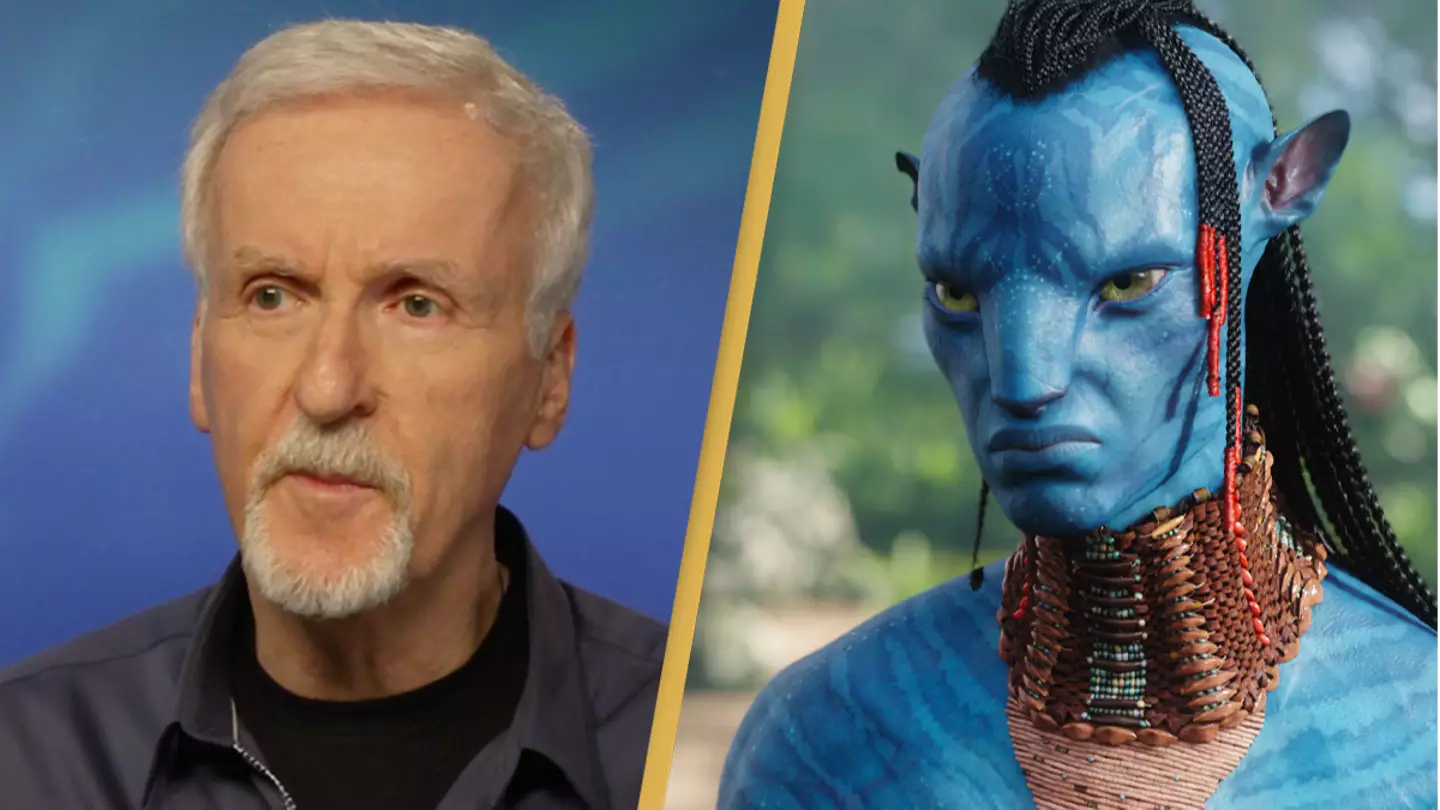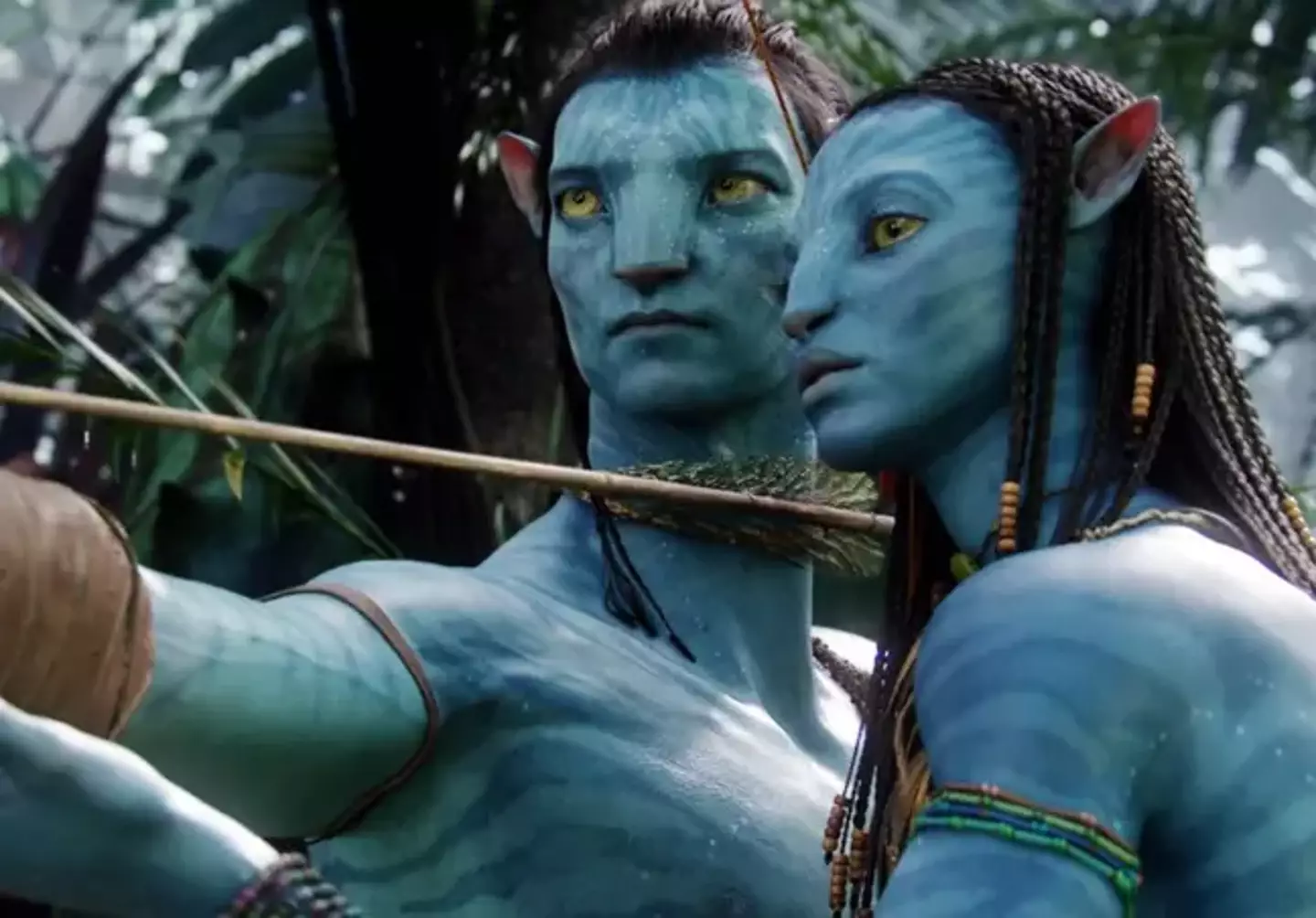
James Cameron has addressed accusations of racism in Avatar, saying 'the important thing is to listen and to be sensitive to issues that people have'.
It's been 13 years since the first Avatar hit the big screen and revolutionised 3D cinema as we know it, while also smashing box office records as the highest grossing film of all time.
Fans are now eagerly awaiting the sequel, set to drop later this month, and let's just say there's a lot to be excited about.
Advert
But one issue that's arisen once more is the debate over whether or not the franchise features racially insensitive themes.
The first Avatar proved to be quite polarising in this sense – one the one hand, the storyline centres on the Na'vi, the indigenous people of the fictional planet Pandora, as they battle against the oppression of humans.
Some perceive the plot to be a metaphor for the way humankind, particularly in the west, treats the earth today, and that the film champions indigenous cultures.
Advert
On the other hand, a number of critics noted the similarities of the Na'vi story and the historical oppression of Native Americans and accused it of cultural appropriation.
Another criticism that arose suggested Jake Sully's character arc represented the 'white saviour complex', which describes white people in power who consider themselves as godlike figures for 'rescuing' BIPOC individuals.
As you can see, there are two very different ways of viewing the movie's subtext.
Advert
Cameron was more than willing to open up about these issues in a sit down with UNILAD ahead of The Way of Water's release, saying: "I think the important thing is to listen and to be sensitive to issues that people have."
"Here's my philosophy in general," he explained. "The people who have been victimised historically are always right. It's not up to me, speaking from a perspective of white privilege, if you will, to tell them that they're wrong.
"I have to listen. I have to say, 'Okay, if that's what you're feeling, that's what you're feeling.' And it has validity. It's pointless for me to say, 'Well, that was never my intention.'"
Cameron went on to tell us how the sequel moves away from the 'white saviour motif', adding: "Jake is just a father, he's part of the tribe, he's much more submissive in a way.
Advert
"When he shows up to the Metkayina as a refugee and says 'take us in', he's not running things. He doesn't want to run things."
Discussing the cultural appropriation critique, the filmmaker acknowledged the mistakes from the past and said: "We're trying to create our own indigenous cultures, and see them and how they express themselves through their art, through their weaving, through their clothing, hairstyles, everything else.
"We try to draw from everything so we kind of average it out and we're not extracting from any individual culture without their permission.
"But still, it's a tricky, tricky thing, and there may be people that object.
Advert

"I hope they don't; I hope they see the intention, which is to celebrate the wisdom keepers. I see the indigenous people that still remain in our world today as the people who are more connected to nature than we are in our industrialised urbanised civilization, and we need to learn from them.
"The movie is intended to celebrate those philosophies, that spirituality. If we offend anybody in the process, I can only apologise, but we're doing the best we can."
Avatar: The Way of Water swims into cinemas on December 16 where it can be seen in 2D and epic 3D.
Topics: Film and TV, James Cameron
